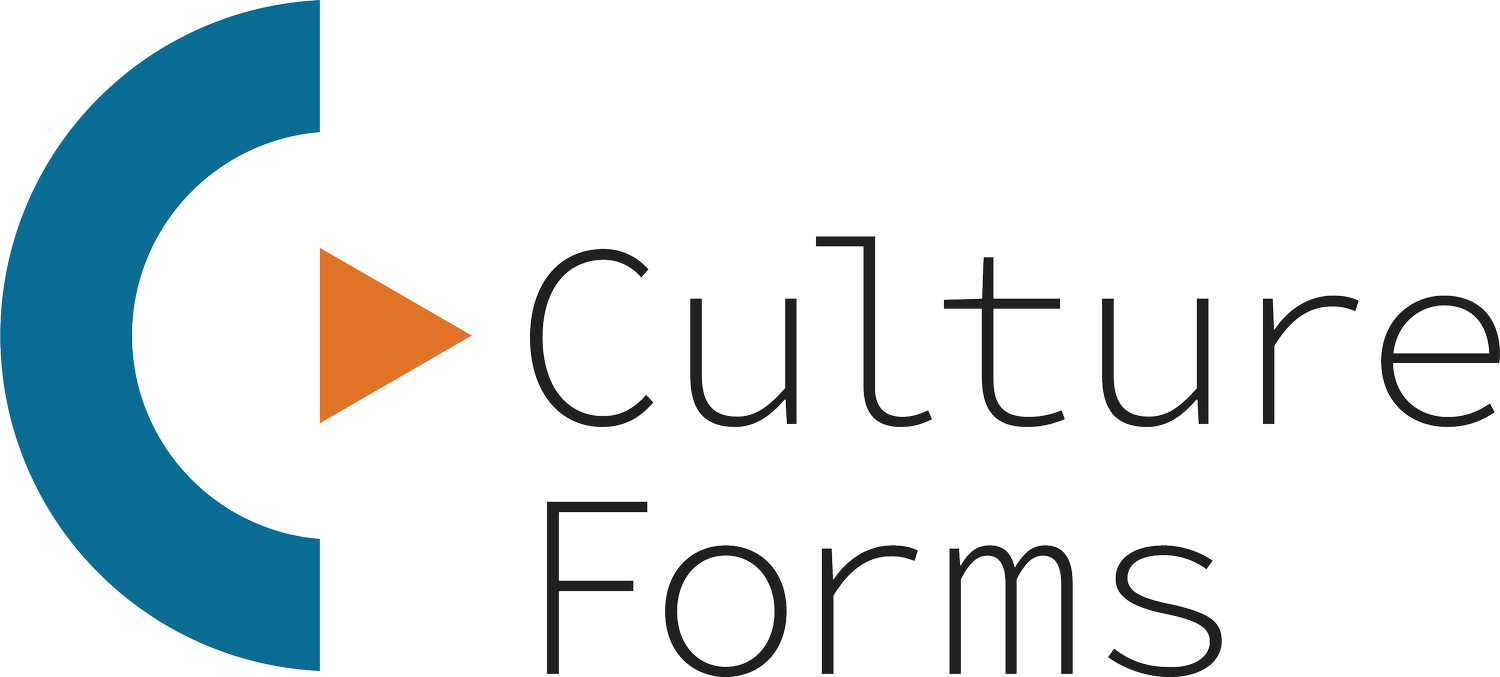On Mistakes & Developing a Question Culture (Syllables of Work)
A few weeks ago, while helping a collaborator on a project, I was reminded that—in any context—leadership must model and practice defying perfection for it to be possible for the community to resist perfectionism’s counterproductive lure.
There is plenty of literature available on why pretending toward perfect is not serving us in the workplace. Rather than presenting ourselves as unblemished, we need to be candid about the “seams” we have, and the ones we may need to mend in the future.
It certainly sounds good to say “mistakes are part of our process,” and plenty of people say it, but crafting an environment in which mistakes are creatively encouraged—and, perhaps, even rewarded—requires exploring and identifying what comes easily to each of us and our teams, as well as what parts of our work are more challenging.
While this kind of candor can be tricky, especially in professional settings, I know that showing my own seams is a little easier when I am in trusting relationships and when I remember to think in questions.
Questions can serve as an anchor not only for continuous learning but also for demonstrating a commitment to being as comfortable as possible not knowing. When we practice that mindset, it’s more likely that we might feel more okay when we inevitably make a mistake.
I enjoy helping clients to become explicit about the “question culture” at their workplace. For instance, I ask, does your team ever think in “neutral” questions? (A classic example from Liz Lerman’s Critical Response Process: rather than Why is the cake so dry, you’d ask What textures inspired you as you crafted this cake?) What about ones whose answers reduce a conversation into a corner of yes or no?
Are they rhetorical or “gotcha” questions? Or the kinds of questions meant to demonstrate how wise the asker is? Are questions overtly or secretly frowned upon? Or are questions welcomed?
I like to ask members of a team: What are some examples of questions you would be excited to answer?
Years ago, I began keeping a Question Bank. The list has proved useful in a variety of settings, including academia, nonprofits, law firms, arts organizations, and in community circles on my block. Here are a few that I find especially useful in groups:
What has worked for you to create, sustain, or identify a sense of community historically? And what do you need now? (At this point in your life/career? In remote or in-person settings?)
How does the organization—or the individuals within it—respond to change?
What elements help ensure that communal habits (and, relatedly, agreements) are ones that encourage having grace, both with each other and with ourselves?
How do you feel about asking for help? And how do you feel about being asked to help?
Can you describe what learning looks like to you in practice? What does it look like to the organization?
If you could reinvent time, how would it function? What’s missing from your relationship to the concept right now?
Want to start your own Question Bank? Here is a free template to help you on your way.

